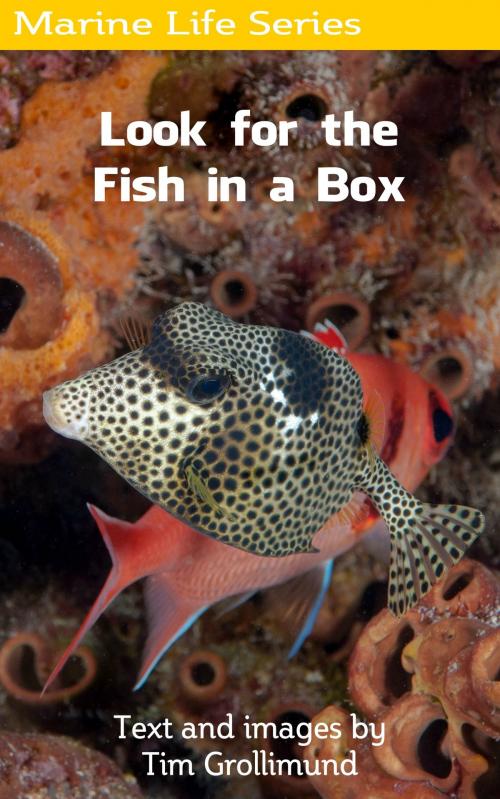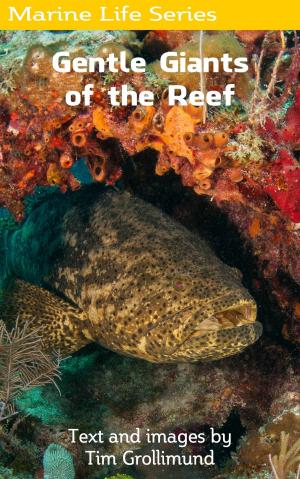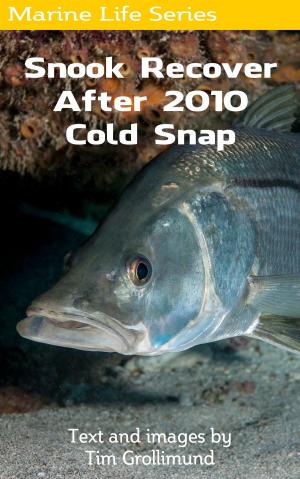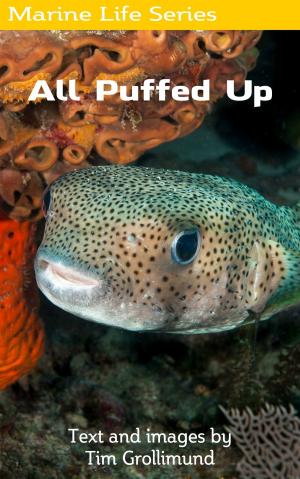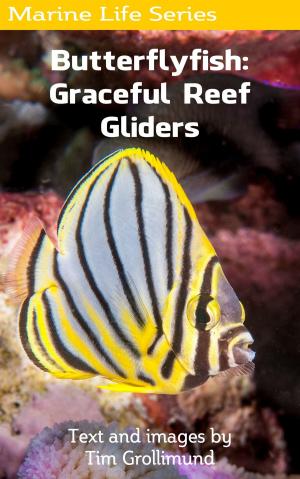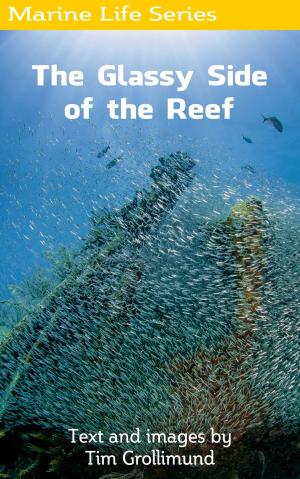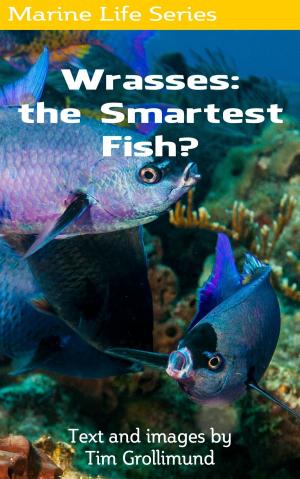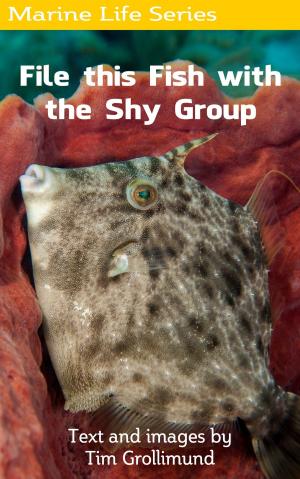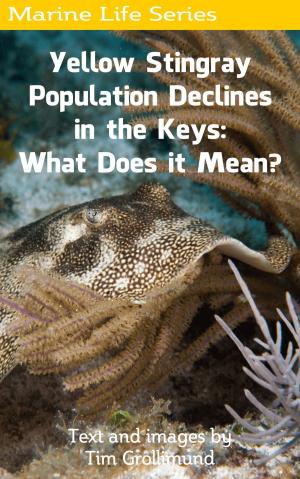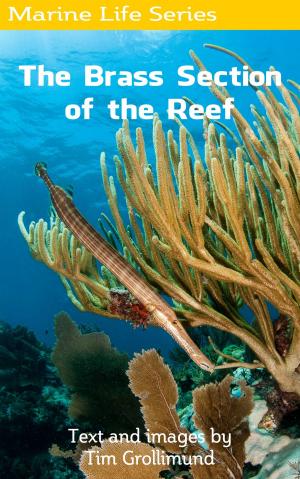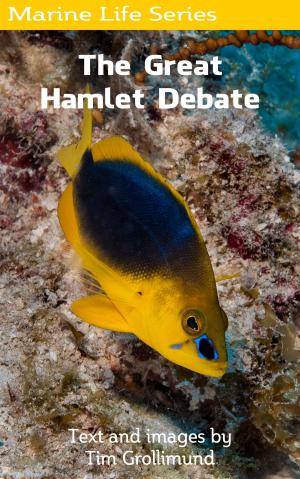| Author: | Tim Grollimund | ISBN: | 9781370262076 |
| Publisher: | Tim Grollimund | Publication: | April 29, 2017 |
| Imprint: | Smashwords Edition | Language: | English |
| Author: | Tim Grollimund |
| ISBN: | 9781370262076 |
| Publisher: | Tim Grollimund |
| Publication: | April 29, 2017 |
| Imprint: | Smashwords Edition |
| Language: | English |
When I’m on the reef and I want a chuckle, I look for a fish in a box. Not a cardboard box of fish like you find in the bait shop, but a body box that fits perfectly and is color matched to its occupant. I bet I have seen some sort of fish in a box on every dive. On some occasions we find juveniles, too. They are about the size of a quarter and look like floating marbles.
I’m referring, of course, to a group of animals called boxfish. They’re fun to watch. Sometimes I think they look like little robots scooting around the reef in search of a new power source. The Energizer bunny with fins and armor - and in some cases, horns. Some versions are friendly, some are quite shy. But they are always entertaining. In the Keys we have two varieties of cowfish (scrawled and honeycomb) and three types of trunkfish. There are also references to trunkfish excreting a toxin that is lethal to other fishes in the immediate vicinity. The toxin is a surfactant type of mucous called ostracitoxin. Some scientists have studied this toxin and attempted to make shark repellant out of it, but were not successful in creating an effective marketable product. The main difficulty was maintaining a high enough concentration for a time long enough to be effective.
Trunkfish have some unique movement characteristics that have also been the topic if intense scrutiny. Since they are encased in a triangle of bony plates, their core body does not flex like other fishes. The only moving parts are the fins, eyes and mouth, which protrude through the bony plates.
When I’m on the reef and I want a chuckle, I look for a fish in a box. Not a cardboard box of fish like you find in the bait shop, but a body box that fits perfectly and is color matched to its occupant. I bet I have seen some sort of fish in a box on every dive. On some occasions we find juveniles, too. They are about the size of a quarter and look like floating marbles.
I’m referring, of course, to a group of animals called boxfish. They’re fun to watch. Sometimes I think they look like little robots scooting around the reef in search of a new power source. The Energizer bunny with fins and armor - and in some cases, horns. Some versions are friendly, some are quite shy. But they are always entertaining. In the Keys we have two varieties of cowfish (scrawled and honeycomb) and three types of trunkfish. There are also references to trunkfish excreting a toxin that is lethal to other fishes in the immediate vicinity. The toxin is a surfactant type of mucous called ostracitoxin. Some scientists have studied this toxin and attempted to make shark repellant out of it, but were not successful in creating an effective marketable product. The main difficulty was maintaining a high enough concentration for a time long enough to be effective.
Trunkfish have some unique movement characteristics that have also been the topic if intense scrutiny. Since they are encased in a triangle of bony plates, their core body does not flex like other fishes. The only moving parts are the fins, eyes and mouth, which protrude through the bony plates.
